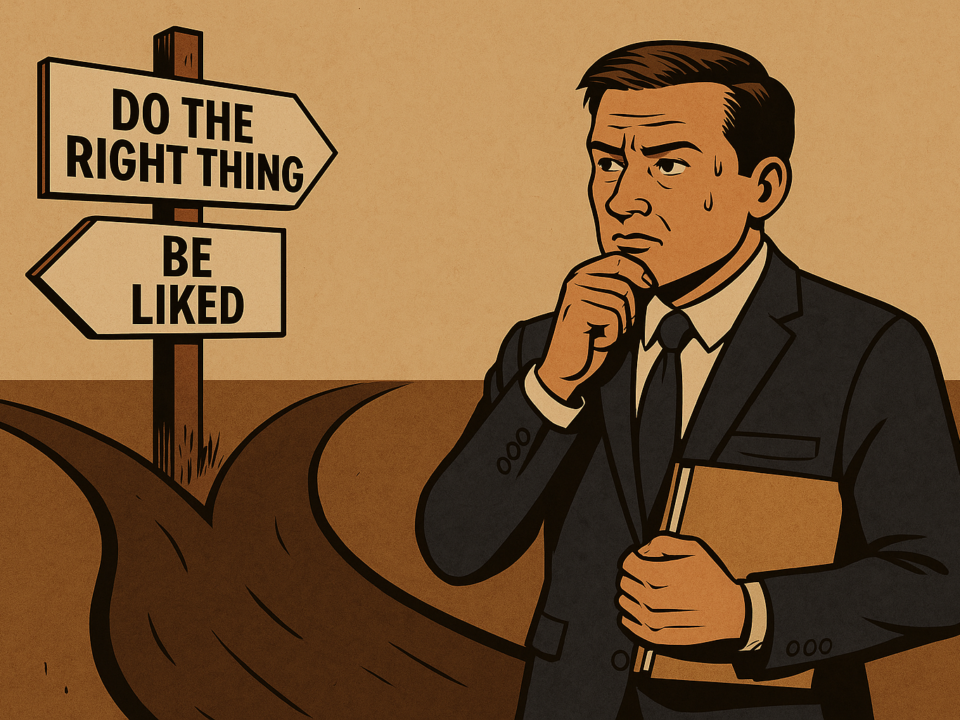
Internal Auditors: You Can’t Be a Change Agent if They Don’t Know What You Do
July 5, 2023
Shout-outs in Audit Reports Can be as Powerful as Findings
July 17, 2023For more than a decade, chief audit executives have consistently rated critical thinking as one of the top three skills sought when recruiting internal audit staff. In fact, critical thinking often ranks higher than accounting, risk management or even technology skills.
CAEs see critical thinking as the prized attribute that can separate good internal auditors from great ones. Even ChatGPT rated critical thinking as the most valuable skill in my recent simulated interview on internal audit. As ChatGPT observed:
“While internal auditors require a range of skills to excel in their roles, one skill stands out as particularly crucial: critical thinking. Critical thinking is the ability to objectively analyze and evaluate information, identify patterns, and make logical and reasoned judgments. . . . Internal auditors also need a combination of other skills, such as effective communication, adaptability, attention to detail, and knowledge of auditing principles and techniques.”
So, if critical thinking is vital for internal auditing, what should we make of recent alarm bells showing this skill on the decline? In a recent Psychology Today article, Dr. Tara Well, associate professor of psychology at Barnard College of Columbia University, shares that research from Lenovo indicates critical thinking is becoming “endangered.” Dr. Well observes:
“There has been a decline in people’s ability to think deeply and reflectively. . . . One study, which focused on Millennial and Gen Z workers in the U.S., U.K., Germany, and Japan, found that many people reported burning out and struggling to make ends meet. So, they’ve been spending more time thinking about their immediate challenges, rather than the more profound, meaningful types of thinking that might lead to better outcomes.”
The decline may not be limited to Millennials and Gen Z workers. In a twist of irony, generative AI tools such as ChatGPT, which laud the power of critical thinking, may themselves be a threat. The author of a CyberNews.com article, “ChatGPT and The Slow Decay of Critical Thinking”, recently opined: “Without strong critical thinking skills, we risk becoming unwitting pawns in the hands of those who seek to control us through the tool we rely on for information. Moreover, the erosion of our ability to think for ourselves leaves us vulnerable to manipulation and deception.
So, what should we do to preserve critical thinking? Dr. Well offers seven strategies:
- Avoid the urgency trap. Those who make hasty decisions under the pressure of too many demands should develop self-awareness of this unhealthy habit, and then “pause or take a break” before rushing to conclusions.
- Engage in reflective thinking. Take time to reflect on your “thoughts, experiences and biases.” Reflective thinking helps us to become more self-aware, identify alternative views, and evaluate our own rationale.
- Practice active listening and effective communication. Become an active listener to better understand others’ viewpoints and perspectives. We also should practice expressing our thoughts “clearly, constructively, and logically, fostering productive discussions and debates.”
- Solve problems systematically. Dissect complex problems, identify underlying issues (root causes), and consider alternate solutions. Practice problem-solving methods, including “brainstorming, evaluating alternatives, and anticipating potential consequences.”
- Embrace curiosity and lifelong learning. Cultivate a curious mindset and a lust for learning. “Be open to new ideas, seek diverse perspectives, and continuously expand your understanding through reading, research, and learning from others.”
- Engage in critical thinking exercises. To keep your critical thinking skills sharp, “solve puzzles, riddles, or logical problems” that hone your reasoning abilities. Don’t hesitate to “engage in debates, analyze case studies, or participate in critical thinking workshops or courses.”
- Practice self-compassion. Finally, acknowledge that deep thinking is not easy amid the many distractions we face. Regular meditation and physical exercise can help to manage stress. “Deep thinking requires nurturing yourself and taking time to slow down.”
As internal auditors, we would be wise to heed Dr. Well’s advice. Critical thinking is one of the attributes of outstanding internal auditors that I explore in-depth in my seminar, Becoming an Internal Audit Trusted Advisor. I believe critical thinking makes internal auditors stronger because it:
- Improves our ability to make decisions.
- Promotes curiosity.
- Improves our analytical skills.
- Enhances our ability to solve problems and identify root causes.
- Makes us more creative and open-minded.
Any erosion of critical thinking skills, including in the broader society, presents a significant risk. So, as promoters of good risk-management practices, we should monitor this risk and develop and deploy effective mitigation strategies for ourselves and for our organizations. I hope Dr. Well’s suggestions and this blog post provide some food for thought and launch you on a journey to do precisely that.
As always, I welcome your thoughts on LinkedIn or Twitter. Also, feel free to drop me a note at blogs@richardchambers.com.






I welcome your comments via LinkedIn or Twitter (@rfchambers).